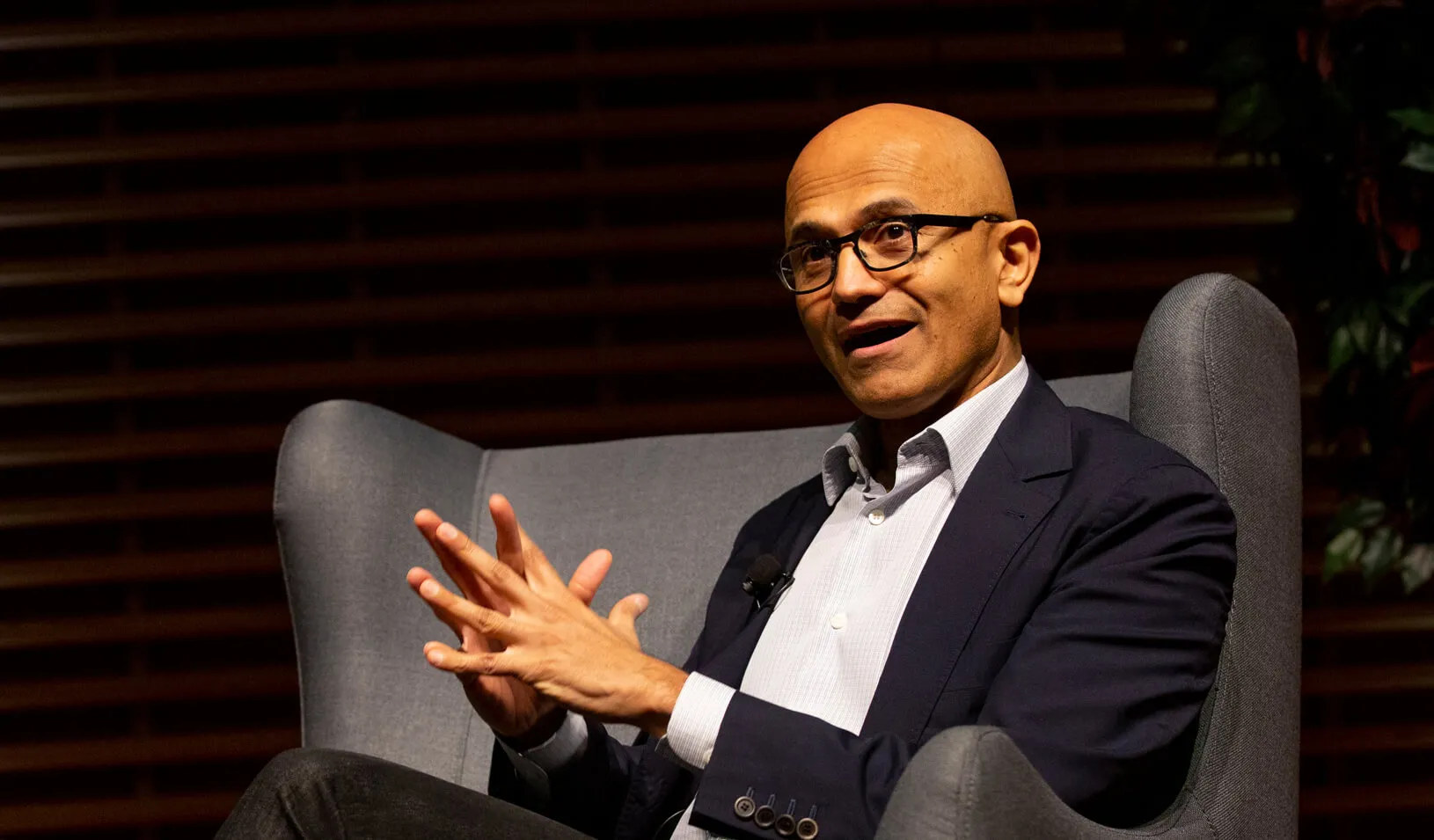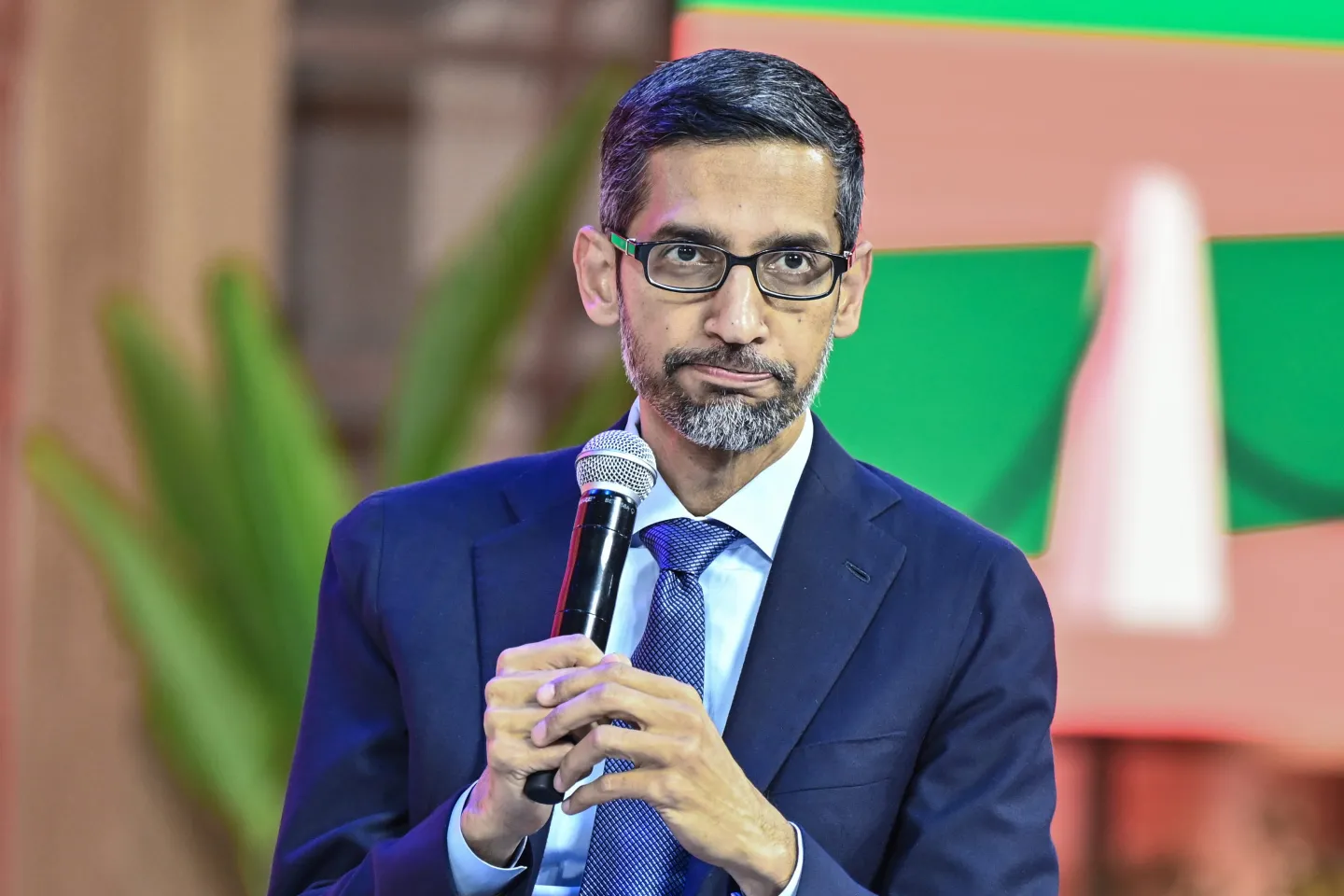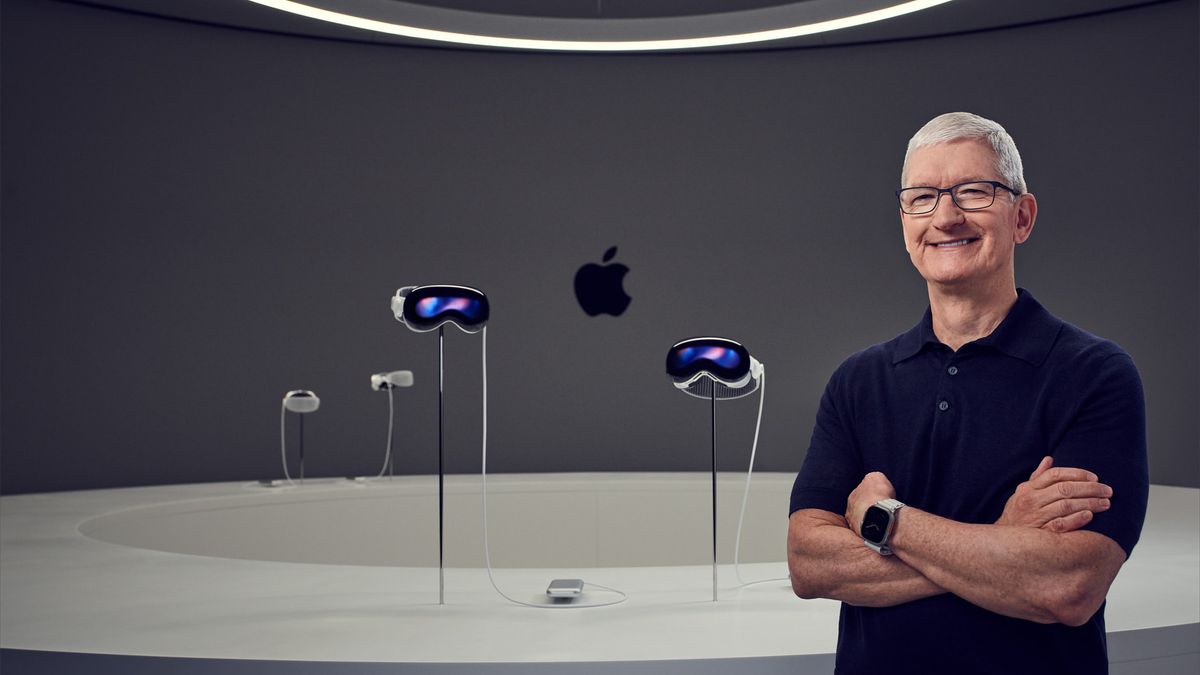Table of Contents
Satya Nadella: The Visionary Leader Transforming Microsoft
Satya Nadella, the CEO of Microsoft, stands as a paragon of visionary leadership in the technology world. His transformative journey from a young engineer in India to the helm of one of the most influential tech companies exemplifies resilience, innovation, and a relentless pursuit of excellence. This article explores Nadella’s life, leadership philosophy, and the profound impact he has made on Microsoft and the tech industry.
Early Life and Education
Satya Nadella was born on August 19, 1967, in Hyderabad, India, into a family that valued education and intellectual growth. His father, a civil servant, and his mother, a Sanskrit scholar, instilled in him a thirst for knowledge. Nadella’s curiosity for technology and engineering took root during his childhood, leading him to pursue a degree in electrical engineering at the Manipal Institute of Technology.
Driven by a desire to expand his horizons, Nadella moved to the United States to further his education. He earned a Master’s degree in Computer Science from the University of Wisconsin-Milwaukee and later an MBA from the University of Chicago Booth School of Business. This combination of technical and managerial expertise would become a cornerstone of his future success.
Joining Microsoft: A Career of Transformation
Nadella joined Microsoft in 1992, embarking on a career that would span over three decades. His early roles focused on building Microsoft’s cloud infrastructure, where he displayed a knack for innovation and an ability to foresee the future needs of the tech landscape.
Before becoming CEO, Nadella held several critical positions, including leading Microsoft’s Cloud and Enterprise division. Under his leadership, Azure, Microsoft’s cloud platform, grew exponentially, establishing Microsoft as a dominant force in cloud computing. His work not only showcased his technical acumen but also his ability to inspire teams to achieve extraordinary results.
Becoming CEO: A New Era for Microsoft
In February 2014, Satya Nadella was appointed as Microsoft’s CEO, succeeding Steve Ballmer. At the time, Microsoft faced significant challenges, including declining relevance in the consumer market and stiff competition from rivals like Apple and Google. Nadella’s appointment marked the beginning of a new era for the company.
One of Nadella’s first major initiatives was to redefine Microsoft’s mission statement. He emphasized a commitment to empowering individuals and organizations to achieve more, reflecting a shift from a product-centric to a customer-centric approach. This vision guided a series of strategic decisions that revitalized Microsoft’s culture and business strategy.
Key Achievements as CEO
- Embracing Cloud Computing
Nadella’s tenure as CEO is synonymous with Microsoft’s cloud-first strategy. Azure became the cornerstone of this approach, driving Microsoft’s revenue growth and positioning the company as a leader in the cloud market. Today, Azure competes head-to-head with Amazon Web Services (AWS), demonstrating Microsoft’s resilience and adaptability. - Promoting Collaboration and Openness
Under Nadella, Microsoft embraced a more open and collaborative culture. The company adopted open-source technologies, acquired GitHub, and formed strategic partnerships with competitors like Salesforce and LinkedIn. These moves exemplified Nadella’s belief that collaboration drives innovation. - Revitalizing Core Products
Nadella oversaw the reinvention of Microsoft’s flagship products, including Windows, Office, and Surface devices. The transition to subscription-based models, such as Office 365, brought sustainable growth and increased customer engagement. - Fostering a Culture of Inclusion
Nadella’s leadership style emphasizes empathy, inclusion, and a growth mindset. He has been a vocal advocate for diversity in the workplace, implementing initiatives to promote gender and racial equity within Microsoft. This cultural shift has made Microsoft a more attractive and inclusive employer globally. - Expanding into Emerging Technologies
Nadella has positioned Microsoft at the forefront of emerging technologies such as artificial intelligence (AI), quantum computing, and augmented reality. Investments in AI-driven products like Microsoft Teams and advancements in quantum research underscore the company’s commitment to innovation.
Leadership Philosophy: Empathy and Growth Mindset
Nadella’s leadership philosophy is deeply rooted in empathy and the concept of a growth mindset. His approach emphasizes continuous learning, adaptability, and collaboration. Nadella credits much of his empathetic outlook to personal experiences, including raising a son with special needs. This perspective has informed his decisions and interactions, fostering a workplace environment that values individuals’ unique contributions.
Impact on the Tech Industry
Beyond transforming Microsoft, Nadella’s influence extends to the broader tech industry. His commitment to ethical AI development, sustainability, and digital inclusion has set new standards for corporate responsibility. Under his guidance, Microsoft has pledged to become carbon negative by 2030 and has launched initiatives to bridge the digital divide in underserved communities.
Nadella’s emphasis on partnerships and openness has also reshaped the competitive landscape, encouraging companies to work together to address global challenges. His ability to balance innovation with responsibility serves as a blueprint for modern tech leadership.
Personal Life and Legacy
Despite his professional achievements, Nadella remains deeply grounded. He is an avid reader, often citing poetry and literature as sources of inspiration. His book, Hit Refresh, offers insights into his journey and the cultural transformation at Microsoft.
Satya Nadella’s legacy is one of resilience, vision, and empathy. His leadership has not only revitalized Microsoft but also inspired a new generation of leaders to prioritize humanity alongside innovation.
Conclusion
Satya Nadella’s journey from Hyderabad to leading Microsoft epitomizes the power of vision and perseverance. His transformative leadership has redefined what it means to lead in the technology sector, making Microsoft a beacon of innovation, inclusivity, and ethical responsibility. As the tech world continues to evolve, Nadella’s influence will undoubtedly shape its future, solidifying his place as one of the most impactful leaders of our time.







